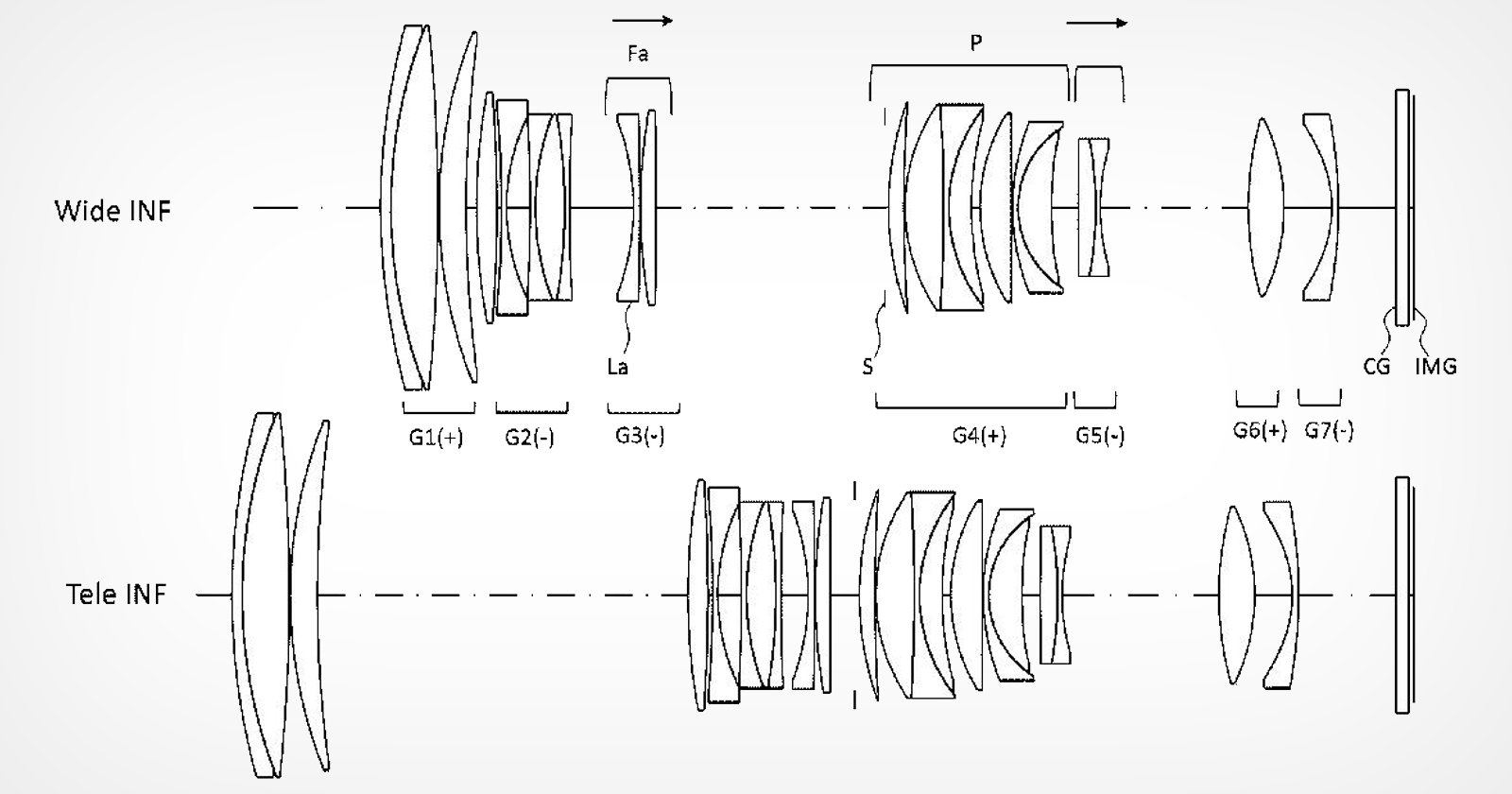

Have you ever dreamed of having Superman’s X-ray vision? Well, the NUCA camera is here to bring those childhood dreams to life and raise a bunch of ethical concerns along the way. This 3D-printed, AI-powered camera captures your model and instantly imagines them nude.
How NUCA works
Let’s start with the specs:
3D-printed body (19.5 × 6 × 1.5 cm, 430g)
37 mm wide angle lens
Ergonomic grip
Viewfinder displaying real-time input image and configurable parameters (e.g., pose detection)
NUCA’s viewfinder shows not only the live image you’re framing, but you can also customize it to display helpful information like the person’s pose in real time. Press the shutter button, and the camera will create a realistic nude portrait based on the person in the frame. Here’s how it works: the camera analyzes the photo, along with the person’s estimated pose and facial features, using a special program that identifies various details like gender, age, and body type. This information is then used to create a starting image with a text-to-image AI, essentially a generic nude person matching those details. Finally, the AI refines the image by incorporating the person’s unique facial features and pose, resulting in the final nude portrait.
What’s the point?
According to NUCA’s creators, Mathias Vef and Benedikt Großm, the camera isn’t here to fulfill the childhood dreams of mostly boys. Instead, it “aims to provoke and question the current trajectory of generative AI in reproducing body images.” The duo wants to challenge our ideas of privacy and exposure.
“NUCA is a speculative consumer product and not meant to be used uncontrolled in ‘the wild’,” the makers write. “The generated images are not used in any way, except with explicit consent given. To ensure the safety of minors, the project is exclusively for adults.”
A “provocative project” or not, NUCA has sparked a conversation about the potential consequences of such technology. Unlike anonymous deepfakes online, NUCA connects the photographer and subject directly, raising ethical questions. It explores a disturbing trend, forcing us to confront the potential dangers of this technology. And there are quite a few.
Potential dangers
The biggest concern of an AI nude camera is the potential for misuse. Someone could take a picture of another person without their consent and generate a nude image of them. This is a serious invasion of privacy and could be used for harassment or blackmail. Don’t even get me started on the potential misuse including minors or children.
Then, the NUCA camera reinforces the idea that a person’s value is tied to their physical appearance. It could worsen body image issues for some people. The camera creates idealized nude images, potentially leading to unrealistic expectations about bodies and sex.
NUCA stands as a chilling reminder that the tools we create have the potential to become double-edged swords. While technology marches forward, our ethical frameworks struggle to keep pace. NUCA may be a “speculative consumer product” for now, but it serves as a stark warning of the potential pitfalls lurking on the horizon.
The conversation NUCA ignites is not just about privacy or idealized beauty standards; it’s about the future we want to build – one where technology empowers us but doesn’t exploit or endanger us. We must be proactive in shaping the ethical development of AI, ensuring it remains a tool for good, not a weapon for harm.
[via PetaPixel]






